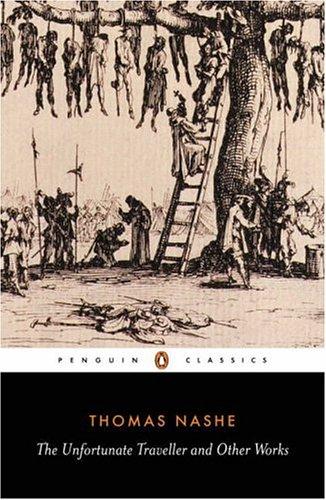
I did my time in college trying to get an English minor and why I don’t know, I knew I sucked real bad at the style of deconstructionist writing that got all sorts of ate up by most of the professors I had. What’s more, lots of the kids in class had been actually exposed to the literary criticism quarterlies in high school while I, thankfully, had not. The quarterlies is where professors from all over the place argue in the most exclusionary language possible outside of a medical journal over minutiae regarding subtextual male marginalism within some unfortunately phrased sentence from Spenser’s A View of the Present State of Ireland. As a student, you have to read stuff that and write about it. You don’t write about the actual original text at all, only about the body of work out of these literary quarterlies surrounding the original text. I turned in at least two papers that got passing grades without ANY familiarity with the original work outside of contextual inference from the quarterlies. Once you start down the deconstructionist path, your brain is always thinking in those modes when reading anything light and especially when plowing over something heavy: and this is madness. My cure right after college was to read everything William S. Burroughs published I could get my hands on as quickly as possible– you cannot possibly deconstruct cut-ups from say Soft Machine or The Ticket that Exploded (there is no illusion of complete understanding to undo). I found that Burroughs stood in absolute defiance of the paradigm of literary criticism I fell into (oh ya know, only as an undergraduate) and just blasted that shit away from my brain forever so as I could go back and read my Thomas Hardy for enjoyment and not to figure out if he was writing out of some cultural paradigm that needs to be studied (which of course he was and it does, but not by me).
However, I don’t regret as it was a good, though ultimately pointless, mental exercise to be sure; the bonus was exposure to original works that I came to love and have gone back to many a time. John Gardner’s Grendel, The Virginian and what I’m eeking through for the third time over the summer: Thomas Nashe’s The Unfortunate Traveller. This is not an easy read, Latin all over the place, extremely archaic language left and right, page upon pages of ‘what the hell is he talking about’ abound, but I believe this is the first picaresque in the English language, and may even be the first novel. The book is about a page named Jack Wilton who is telling his stories to a group of people in a public house. He has a bunch of random adventures, some which applies his cunning (convincing a captain he hates during a siege to surrender to the French and tell them he is trying to kill the King, acts which get the captain instantly hanged) and others he just observes (a peasant religious uprising that is put down harshly in Wittenburg). I compare it most to The Golden Ass by Apuleius (where a guy porks a ‘witch in training’ and gets caught and in trying to turn into an owl to escapte, turns himself into a donkey), except with Jack Wilton, there is no apotheosis, no redemption and in a way, no essential meaning to the stories he experiences– he just sees crazy stuff, rips people off here and there, and gets himself into some bad trouble (almost used as a cadaver in some experiment). That’s it, it’s the stories themselves that hold their own meaning individually, and Nashe goes to town in some of them with scathing social commentary, but no overall point to the whole work exists. If you’ve read The Golden Ass, and leave off the last chapter (which sucked anyway) where Lucius turns back into a human and becomes a priest of isis, that’s about what you’ll get when you finish The Unfortunate Traveller, but the road there is filled with the comedy of pillage and freaks and bloodbaths that only a picaresque can deliver.